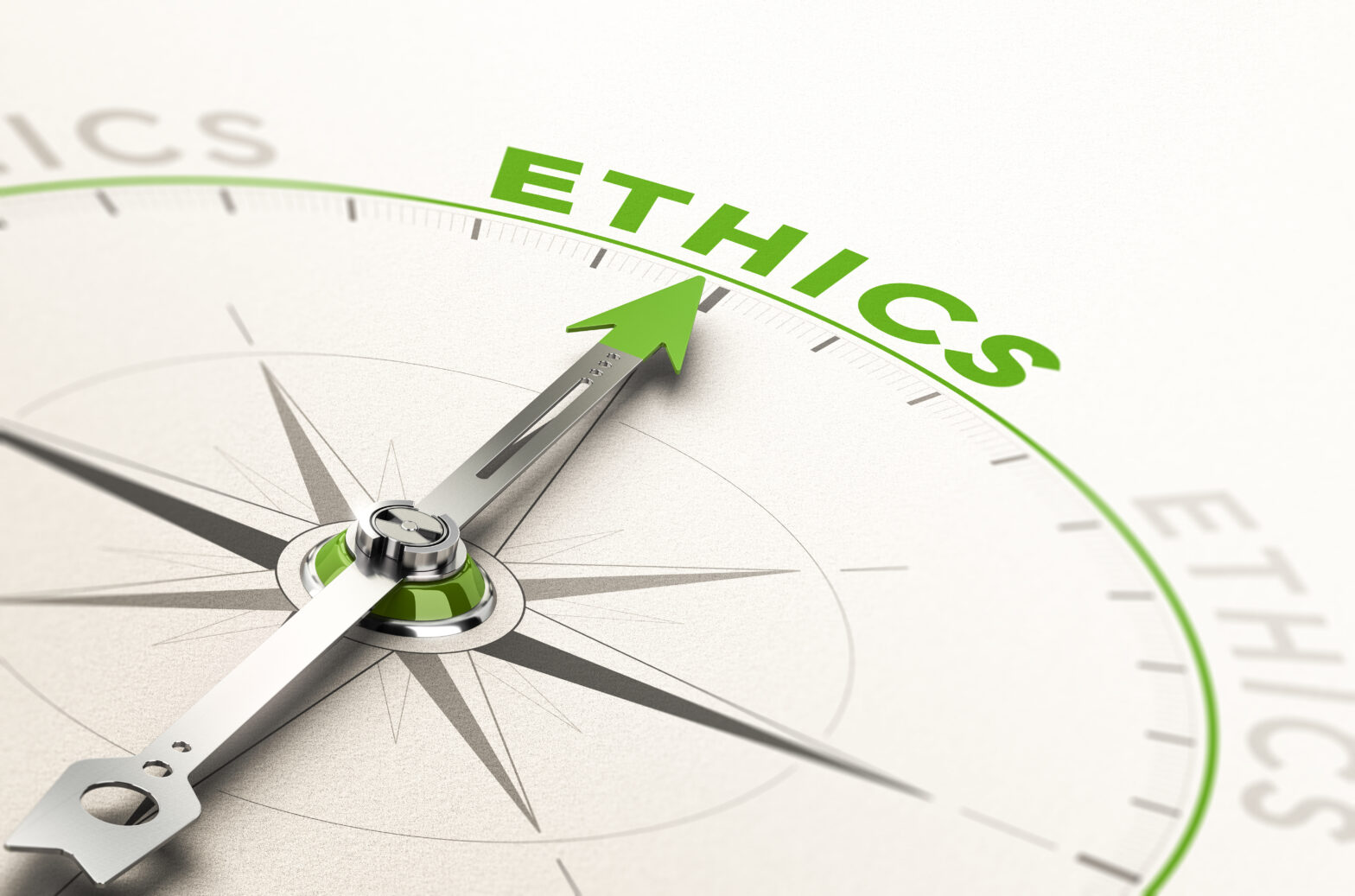Business leaders are missing opportunities to drive sustainable performance and are potentially putting their organisations at risk due to flawed decision making. This is according to a landmark global study from board leadership recruitment firm Amrop.
The report, Wise Decision-Making: Stepping Up to Sustainable Business Performance, which surveyed C-Suite executives from over the globe, found that nearly three quarters (71 per cent) of leaders have had to take a professional decision that conflicted with their own ethical principles due to business pressures in the last three years.
The study aimed to gauge the extent to which global C-Suite executives are practicing ‘wise decision-making’ in their organisations. It examined the robustness of leaders’ self-governance, the motivations of leaders, and the ways in which leaders nourish their decision-making health.
Ethical blockages
The study revealed that organisational pressures are undermining the moral and ethical judgement of leaders. Senior executives highlighted ethical barriers such as pressures of maximising cost efficiencies and profit, local business culture and practices, and demands of one or more influential leaders in the organisation. This was despite 82 per cent of leaders believing that businesses should operate at the highest moral level.
The report found leaders to be more driven by the good of the organisation over their own self-interest. Furthermore, 86 per cent of those surveyed said they strive to fulfil the organisation’s objectives, even when it’s not to their own benefit.
José Leyún, CEO, Amrop comments, ‘More than ever, organisations and society need wise leaders. People who are not just commercially accomplished or cognitively smart, but who make responsible decisions and resolve ethical dilemmas in a holistic way. Trust in leaders remains fragile, and shareholders, customers and employees are now judging leaders’ performance not only in financial terms, but in terms of socio-ethical and environmental impact too.’
In the report, three pillars of wise decision-making were identified: Self Leadership – how leaders exercise self-governance, Motivational Drivers – what drives leaders’ choices, and Hygienes – how leaders nourish their decision making ‘health’.
Drivers vs. barriers
When looking at motivations, the study uncovered a gap between leaders’ stated motivation and actual career drivers. While most corporate leaders said they were more motivated by ‘virtue’ than ‘value’, or ‘servant’ rather than ‘sovereign’ leadership, the majority (63 per cent) preferred a job description that satisfied the ‘need for power’ when presented with five hypothetical scenarios.
A further barrier to ethical decision-making was also found in the disconnect between leaders and their personal mission or ‘True North’. In fact, the report identified that under half (45 per cent) of leaders can easily describe their personal mission. As the study identified a gap between personal codes and action, it is perhaps a sign that the lack of a personal ‘True North’ for many is holding leaders back from walking the walk, even if they may be talking the talk.
Leyún continues, ‘The findings show there are weaknesses in leaders’ moral compasses. The moral guiding light is in sight, but often lost in the clouds. This is creating a barrier to wise leadership and decision-making and is a potential threat to sustainable business success.’
The rear-view mirror
Most leaders are losing their rear-view mirror by failing to reflect on previous experiences. Only one in ten strongly agreed they dedicate themselves to reflecting on past events, or recall the past to see if they have changed.
This is despite over four times as many (44 per cent) acknowledging that insights from the past can be an important source of knowledge today, and three times the number (30 per cent) strongly agreeing that reviewing their past helps them take perspective of current professional concerns.
The report also found that many leaders are speeding without a safety belt. Whilst 40 per cent display high self-confidence in their roles as leaders, only 5 per cent really agreed that thinking about all the risks makes them hesitate or delay difficult decisions. What’s more, only a third (33 per cent) will always stop or adapt a decision given counter evidence.
Finally, only a small majority (58 per cent) of leaders seek feedback on their attitudes and behaviour, and take it into account when making future decisions.
José Leyún concludes, ‘Leadership has never been easy, and today’s volatile and uncertain business landscape is making it more complex than ever. This study raises red flags, but also provides clear indicators for leaders to benchmark themselves and their organisations, and identify clear avenues to make a change for the better.’





